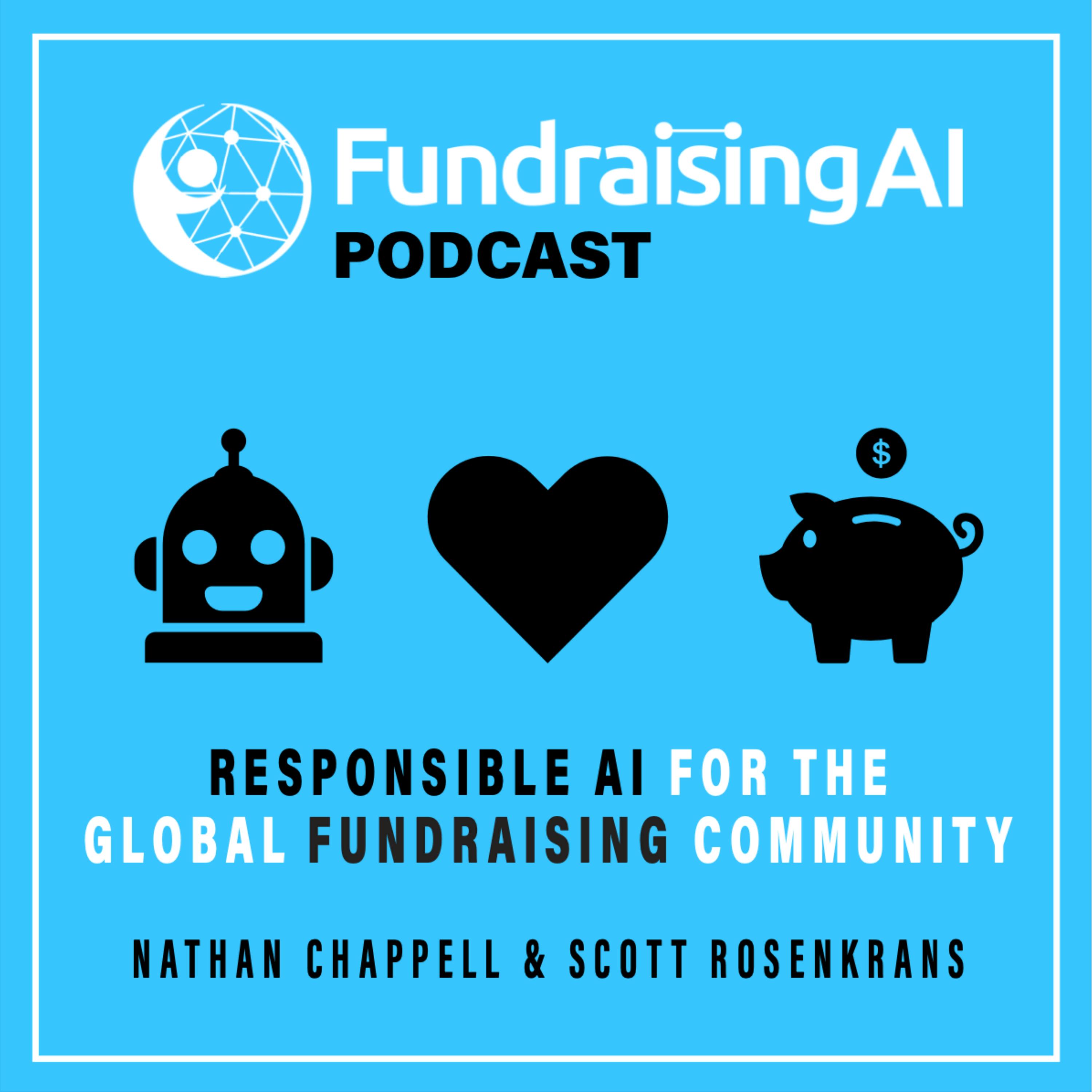Beyond Donations: How Furniture Bank is Leveraging AI to End Furniture Poverty with Dan Kershaw
Description
Some people struggle with things that you may find difficult to believe. Furniture poverty is one of the hidden struggles people face in the USA and Canada. There are a considerable number of people who can barely afford furniture because it's the third most expensive thing people have to spend their money on. There are a lot of organizations that address this invisible struggle among people, and Furniture Bank is one of them.
Furniture Bank is a charitable organization founded in 1998 whose mission is to end furniture poverty. As a registered charity and a social enterprise, Furniture Bank redistributes gently used furniture and housewares from community donors to families and individuals who are facing furniture poverty. Collaborating with over 150 community agencies, Furniture Bank helps economically vulnerable people such as women and children leaving shelters, the formerly homeless, Indigenous peoples, those dealing with mental health issues, newcomers, refugees, and many others. They help 4000 families every year to receive the goods they need to build the homes they need.
Dan Kershaw is the executive director at Furniture Bank. He first started working with startups, where he learned to get used to constantly changing. He joined the nonprofit sector, where, according to him, he started a career with meaning. Dan joined us today to talk about how generative AI can help improve the work of charitable organizations.
Starting the conversation, Dan explains what a furniture bank is and how an organization like that helps people who struggle with a lack of furniture, along with the social, physical, and mental damages that can happen because of this hidden difficulty. Then Dan explains that AI, as of now, cannot do all the work that is related to furniture but can create a lot of opportunities that they've never had before in this sector. He then talks about how AI can be taught to listen to different stories behind donated furniture and help them navigate the process because sometimes furniture holds sentimental value for people.
AI isn't here to give you the perfect solution immediately. It's here to help you achieve a great outcome. In this phase of the conversation, Dan shares his thoughts on ethics and policies related to generative AI in different organizations. Furthermore, Dan explains how hard it is to find donors if a charity organization wants to invent an AI internally. He also recommends people use free generative AI models to ask what they know about the issues they are trying to solve as an organization.
EPISODE HIGHLIGHTS
[01.58] Dan's journey to Furniture Bank.
[06.36] Social, physical, and mental damages caused by the lack of furnishings.
[08.16] Dan explains how the Furniture Bank Operates.
[12.50] Furniture Bank's social enterprise model.
[14.00] Early stages of digital development at the Furniture Bank.
[18.29] How can AI be trained to listen to different sentimental moments related to furniture and help people with their donations?
[25.47] Generative AI, ethics, and company policies.
[31.04] Dan talks about the Furniture Bank's annual campaign in 2022.
[36.50] Thought experiment with AI.
Resources:
Connect with Dan
LinkedIn - linkedin.com/in/dankershaw/
Website - furniturebank.org/
Connect with Nathan and Scott:
LinkedIn (Nathan): linkedin.com/in/nathanchappell
LinkedIn (Scott): linkedin.com/in/scott-rosenkrans
Website: fundraising.ai
More Episodes
Published 11/13/24
Published 11/06/24
The evolution of AI has made our work easy and quick. But it’s crucial that we are using it for the right reasons. There’s also a dark side to using AI that most people aren’t aware of. That being said, we must research those who develop these technologies and find out how they are...
Published 10/23/24


